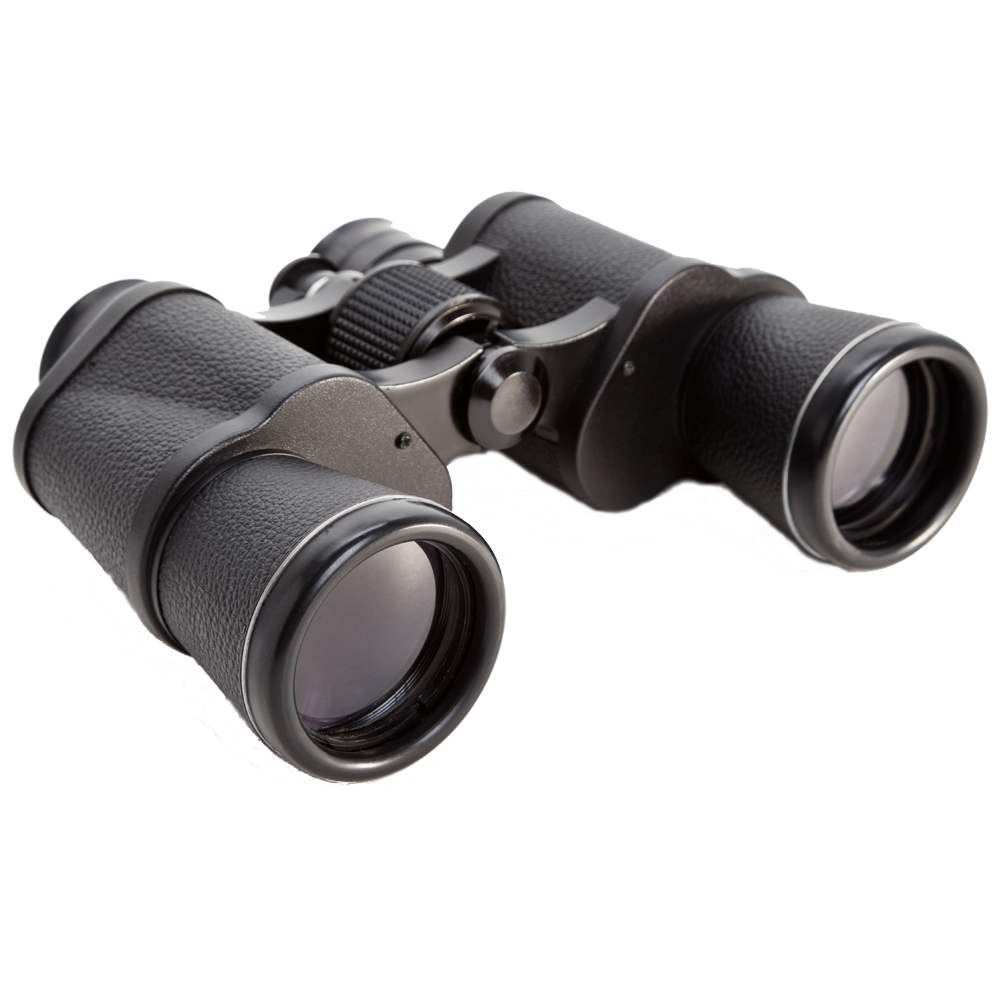
Search engine optimisation
93% of website visits start with a search engine
What is search engine optimisation?
Think of your website like a shop in a busy city. If your shop is tucked away in a hidden alley with no signs pointing to it, hardly anyone will find it. But if it’s on a main road with clear signs, lots of people will walk in. Search engine optimisation (SEO) places your website in the best possible location online. It helps search engines like Google understand what your website is about so they can show it to people searching for related topics.
When someone searches for something online, search engines scan through millions of websites to find the best answers. If your website isn’t optimised, search engines might not even notice it or consider it relevant. This means fewer people will visit your site, which can impact sales, enquiries, or whatever goal you want your website to achieve.
A well-optimised website loads quickly, works smoothly on mobile phones, and contains useful information that answers people’s questions. Search engines prefer websites that provide a good experience for users, so they rank them higher in search results. And the higher your site appears, the more likely people are to click on it instead of one of your competitors.
In simple terms, SEO makes sure your website is easy to find, easy to use, and gives people what they’re looking for. This helps you attract more visitors, which can lead to more customers, followers, or readers—whatever your goal might be.
Local search engine optimisation
Now imagine you own a café in your town. If someone nearby searches online for "best coffee shop near me" or "cafés in [your town]," you want your business to appear at the top of the search results. That’s where local search engine optimisation (SEO) comes in—it helps businesses with physical locations show up when people in the area are looking for their products or services.
Search engines like Google try to provide the most relevant results based on where the person is searching from. If your business isn’t properly set up for local searches, you might miss out on potential customers who are actively looking for what you offer.
A key part of local SEO is making sure your business details—like name, address, phone number, and opening hours—are correct and easy to find online. This helps search engines trust your business and recommend it to nearby customers. It also includes things like customer reviews, which can make your business look more reliable and appealing.
For businesses that rely on foot traffic, local SEO can be the difference between an empty store and a busy one. When people can easily find you online, they’re more likely to visit in person, leading to more sales and stronger customer relationships.
SEO techniques
There are a number of search engine optimisation (or SEO) techniques that can be used to enhance the visibility of your website on search engines, such as Google, Bing and Duckduckgo.
Keyword research
Keyword research is the process of finding the words and phrases that people use when searching for information, products, or services related to your business. These keywords help you understand what potential visitors are looking for so you can create content that matches their needs. If you use the right keywords, search engines can connect your website with users who are searching for those terms, increasing your chances of appearing in search results.
Choosing the right keywords involves more than just guessing what people might type into Google. It requires research into how often certain words are searched, how much competition there is for those terms, and what kind of content is ranking highly. By targeting a mix of broad and specific (long-tail) keywords, you can attract both large audiences and highly targeted visitors who are ready to take action, such as making a purchase or booking a service.
On-Page SEO
On-page SEO refers to optimising individual pages on your website so that they are easy for search engines to understand and valuable for visitors. This includes using keywords naturally in key places such as titles, headings, and within the content itself. It also involves optimising images, using descriptive URLs, and ensuring that internal links connect relevant pages together.
A well-optimised page not only helps search engines understand what it’s about but also improves the user experience. If a page is well-structured and easy to read, visitors are more likely to stay on the site longer, which signals to search engines that the content is useful. This can lead to higher rankings and more traffic.
Technical SEO
Technical SEO focuses on the behind-the-scenes aspects of your website that affect how well it performs in search results. This includes improving page speed, ensuring the site works well on mobile devices, and making sure search engines can easily crawl and index your pages. If a website loads too slowly or has broken links, search engines may rank it lower, and visitors may leave before even seeing your content.
Another important aspect of technical SEO is structured data, which helps search engines better understand your content. By using code that tells search engines what a page is about—such as whether it's a recipe, a product, or an event—you increase the chances of appearing in special search results, like featured snippets or product listings. A technically sound website ensures that search engines can easily access and display your content to the right audience.
Off-Page SEO
Off-page SEO refers to actions taken outside of your website to improve its authority and reputation. One of the most important elements is link building, which means getting other websites to link back to yours. When high-quality, relevant websites link to your content, search engines see it as a sign that your site is trustworthy and valuable.
Social media presence, online reviews, and brand mentions on other websites also contribute to off-page SEO. These factors help build credibility and increase visibility, making it more likely that search engines will rank your site higher. Essentially, off-page SEO helps establish your website as a trusted and authoritative source in your industry.
Local SEO
Local SEO is crucial for businesses with physical locations because it ensures that people in the area can find them online. It involves optimising your website and business listings so that search engines know where you’re located and who you serve. This includes setting up a Google Business Profile, ensuring your business details are consistent across online directories, and encouraging customer reviews.
Search engines prioritise local businesses when someone searches for products or services nearby. If your local SEO is strong, your business is more likely to appear in map results and local search listings, making it easier for potential customers to visit your store, restaurant, or office. Since many local searches lead to real-world visits, optimising for local SEO can directly impact foot traffic and sales.
Keyword-rich content
Content plays a major role in SEO because it is what search engines use to determine the relevance and quality of a website. Well-written content that includes relevant keywords helps search engines understand what a page is about, making it more likely to appear in search results when users look for related topics. However, simply stuffing a page with keywords isn’t effective—content must be natural, engaging, and valuable to readers.
Quality content encourages visitors to spend more time on your site, reducing bounce rates and increasing the chances of them taking action, such as making a purchase or signing up for a newsletter. It also increases the likelihood of earning backlinks from other sites, which strengthens your website’s authority. By regularly updating your site with informative, well-structured content, you can improve its search rankings, attract more visitors, and build trust with your audience.
Key elements of search engine optimisation
Keywords / phrases
SERPs
Quick page load speeds
Page speeds affect your search engine rankings, so a quick website and fast hosting is essential.
Internal page links
Site Map
Inbound links
You can read more in our beginners guide to SEO and get an explantion of the terms used in our SEO glossary.
Ready to improve your search engine visibility?
Contact us today to learn more about our SEO services.


